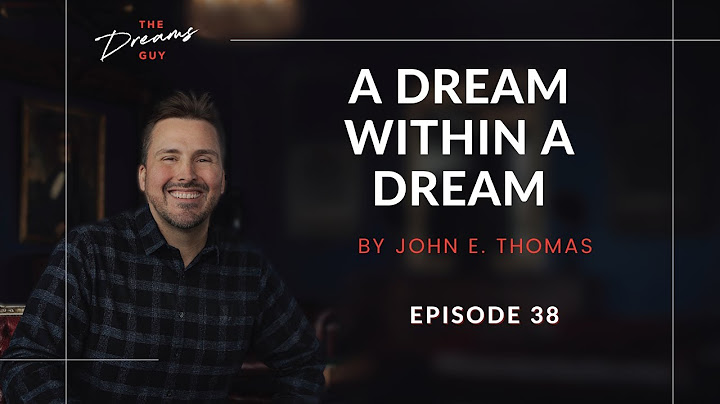A fresh start She's the only woman Soft spot In my sea It's okay Embrace the one She's the only woman Add your thoughtsLog in now to tell us what you think this song means. Don’t have an account? Create an account with SongMeanings to post comments, submit lyrics, and more. It’s super easy, we promise! Last week, Texas rockers Blue October released their second live concert film. The DVD, Things We Do At Night (Live in Texas), highlights the band’s recent stability amid lead vocalist Justin Furstenfeld’s sobriety and positivity. It also gives fans a taste of what the group has in store with its upcoming eighth studio album. “We’re done,” Furstenfeld says of Blue October’s next record, having just re-recorded vocals for one of its tracks. “I had already sung it but the more I listened to it, the more I was like, ‘I can do that better.’ So I came in here to try it one more time and give it a little more emotion and passion before we send it off for mixing.” Tentatively titled Home, the band’s next album will continue to exhibit Furstenfeld’s optimistic outlook on life and eschew the downtrodden lyricism that had been a staple of Blue October for much of the group’s career. “This whole album is a reflection on how to enjoy your life and notice the miracles around you every day,” he says. “There’s not one aspect of self-loathing. There’s not one aspect of doubt. It’s all about empowerment and living for the moment and doing what you can with the time that you’re given on this earth. Furstenfeld says that the album feels comforting, much like his own home, which is why he’s leaning toward that title. “Sway was about finding this new place in life and learning how to live in a healthy way," he says. "This new album is about what you’re going to do with your time on earth, how you’re going to utilize that time and make it the best it can possibly be.” In the trailer for Things We Do at Night, Furstenfeld is seen reciting a passage from The Big Book of Alcoholics Anonymous, which he cites as a key factor in his recovery. “It’s my sponsor who’s calling me and leaving me that message,” Furstenfeld says. “I listen to it every time before I go onstage. It’s kind of our mantra as a band.” Hardship persists, of course, but these days, the Houston-born singer-songwriter long known for his romantically and emotionally fraught lyrics embraces a different sort of adversity. He speaks of learning from it and using it to become a better person. Recognition of misdeeds, he says, is an integral aspect of building a better foundation. “You have to recognize how out of control and unmanageable your life got before you can make it better,” Furstenfeld says. “If you don’t own up to it and say, ‘My life is a mess,’ then you don’t know where to start. Being reborn into something bigger and better is recognizing your rock bottom so you can build from there. “It’s like building a house – you can’t just put the roof on a poor foundation.” His positive outlook notwithstanding, Furstenfeld hasn’t lost his signature grit, much less the ability to perform those older, angst-ridden songs with intensity and passion. He says he’s even more capable of mustering up grit when performing his older songs now that he has fought past them. “You can’t forget where you came from,” he says. “And that’s why it’s so easy to sing those sad and angry songs, because they’re a piece of me. But they’re a piece of me that I’ve grown past and learned to love.” Performing them more consciously than before, Furstenfeld feels his presentation is more passionate now that he’s clear-headed and focused on delivering for his fans who are still going through seemingly hopeless situations. Approaching his fourth year of sobriety, Furstenfeld sounds like a man who’s figured it out. He doesn’t seem to miss the tumultuous albeit clichéd rockstar lifestyle of a life that he had. Instead, he’s grateful for the past and hopeful for the future, both professionally and personally. “This is the best life I’ve ever been getting.” On tour in support of their new concert film Things We Do At Night (Live From Texas), Blue October will visit Revention Music Center this Saturday, November 28. |

Related Posts
Advertising
LATEST NEWS
Advertising
Populer
Advertising
About

Copyright © 2024 SignalDuo Inc.




























